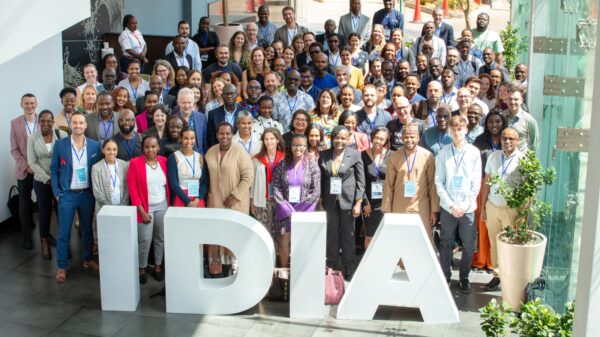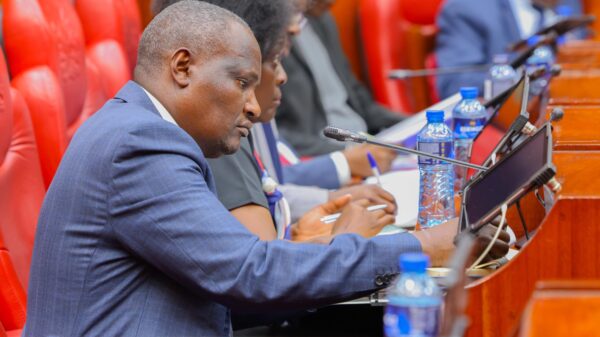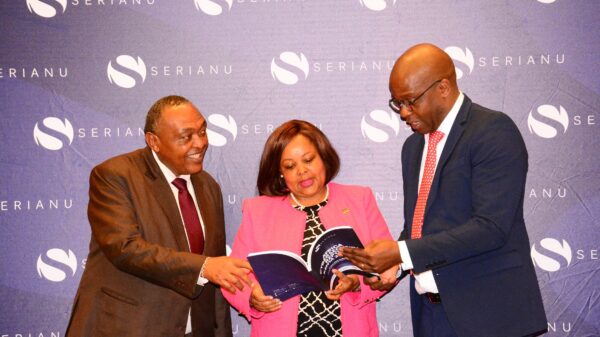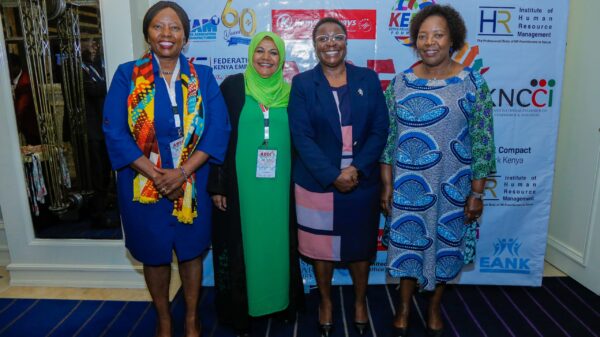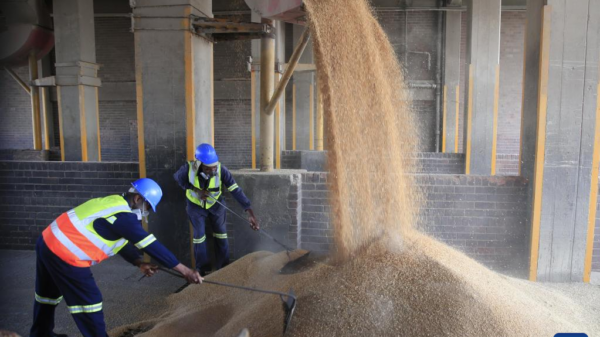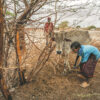By Assan Ngombe & Jeremiah Rogito
NAIROBI, Kenya, June 22 – On this 17th June 2023 on the occasion of the World Day to Combat Desertification and Drought, it is crucial to acknowledge the devastating impact of drought in Kenya.
This year’s focus is on women’s land rights and highlights the importance of gender equality in effectively addressing drought and desertification. By empowering women, adopting regenerative agricultural practises, protecting and restoring nature, reducing food loss and waste, and promoting social inclusion, Kenya can boost its resilience and create a sustainable future.
By recognising the role of women, embracing sustainable agricultural practises, preserving ecosystems, and promoting inclusivity, the country can tackle drought and its consequences head-on.
Drought has long been a recurring crisis in the country, resulting in severe economic, social, and environmental impacts. Current statistics show that over 3.4 million people in Kenya face food insecurity due to drought-related factors.
These challenges include livestock losses, crop failures, and water scarcity, pushing communities further into poverty and exacerbating existing inequalities. ASALs constitute approximately 80% of Kenya’s land mass and are home to about 20% of the country’s population.
Gender equality plays a crucial role in building resilience against drought. Women in Kenya significantly contribute to agriculture, water management, and food production. Recognising and protecting women’s land rights ensures they have equal access to resources, decision-making, and economic opportunities.
By empowering women, they are then able to actively participate in drought mitigation and adaptation efforts, breaking the cycle of poverty and promoting sustainable development.
Regenerative agriculture offers a sustainable approach to combat drought and restore degraded landscapes. By adopting practises such as agroforestry, water conservation, and soil restoration, farmers can enhance soil health, increase water retention, and mitigate the impact of droughts.
Regenerative agriculture improves food security, sequesters carbon, combats climate change, and restores ecosystems, which is beneficial for both farmers and the environment.
Protecting and restoring Kenya’s natural ecosystems is vital for combating drought. Forests, wetlands, and grasslands act as natural water catchments, they also prevent soil erosion and provide crucial water sources during dry spells.
Collaborative efforts between communities, government agencies, and non-governmental organisations are needed to protect and restore these ecosystems, enhance climate resilience and improve overall environmental health.
Addressing food loss and waste is another integral factor to tackling drought. Approximately one-third of the food produced globally is wasted, including valuable resources such as water and energy.
Promoting efficient farming practises, improving storage and transportation infrastructure, and raising awareness about responsible consumption would minimise food loss and waste. This approach conserves resources and ensures that food reaches those who need it the most, particularly during drought-induced emergencies.
Inclusive approaches are needed to effectively combat drought. Gender and social inclusion policies and programmes should actively engage marginalised communities, the youth, and persons with disabilities.
By providing equal opportunities, education and training, individuals can contribute to sustainable agriculture and environmental conservation. Amplifying diverse voices and experiences leads to innovative solutions and ensures that no one is left behind in the fight against drought.
In conclusion, by empowering women and youth, embracing regenerative agriculture, protecting and restoring nature, reducing food loss and waste, and promoting gender and social inclusion we can sustainably and effectively combat drought and desertification in Kenya.
By addressing these interconnected challenges, the country can boost its resilience, ensure sustainable development, and create a future where drought is no longer a devastating recurring crisis. On this World Day to Combat Desertification and Drought, let us commit to these efforts and work towards a more prosperous and resilient Kenya.
Rogito and Ngombe are Resilience Experts at AGRA & members of FOLU


